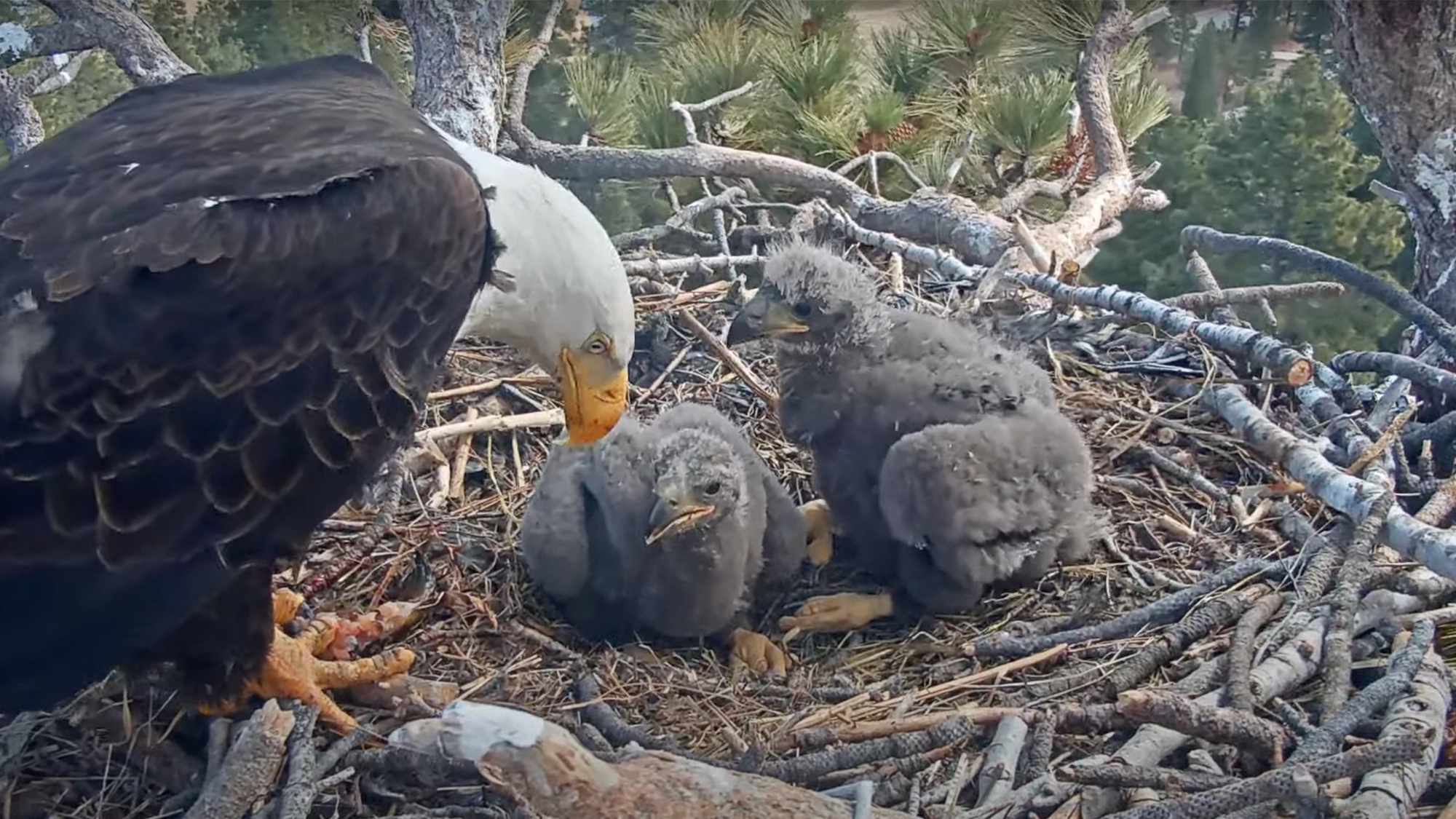
A virtual panel “Youth Voices Leading the Way For Environmental and Climate Justice” convened Thursday to discuss Pittsburgh youth activists’ efforts in the climate change fight. Pittsburgh-based nonprofit Women for a Healthy Environment (WHE) organized the panel, highlighting the role of youth activists as changemakers. The four featured panelists are all members of the Phipps Youth Climate Advocacy Committee: Architha Kamath, Minji Kim, Anwita Maneish Nithya and Marley McFarland.
“ [The panelists] gave us some marching orders,” said Michelle Naccarati-Chapkis, executive director of WHE. “They wanted [older generations] to ensure that we would reflect and act and make space for their leadership, and that that needs to happen today, not in the future.” The panel centered its discussion on the documentary "Youth v.

Gov," which follows the 21 plaintiffs — all under 21 years old — who filed the climate lawsuit Juliana v. United States . The lawsuit asserted that the federal government is violating plaintiffs’ constitutional rights to life, liberty and property through the government’s promotion of the production and export of fossil fuels and through their failure to mitigate climate change.
On Monday, March 24, just days before the Youth Voices Leading the Way panel discussion convened, the U.S. Supreme Court announced that it would not hear the Juliana case .
This came after the U.S. Court of Appeals for the Ninth Circuit ruled that courts were not the correct venue to address environmental concerns and that those cases instead "must be made to the political branches or to the electorate at large.
" “We're going to be the ones that are really severely impacted by this. Our children, our grandchildren, are going to face the full effect,” said panelist Architha Kamath, a senior at North Allegheny Senior High School. “The urgency that this has to be done today, in this moment, has never really been seen before, and I think that's kind of why youth-led movements differ from what we've seen in earlier generations," Kamath said.
While the announcement of the Supreme Court decision was timely, the 2020 documentary was selected as the focus of the panel’s discussion because of how the film’s climate activists’ passion parallels the efforts of advocacy committee members in the Pittsburgh area, said Naccarati-Chapkis. One panelist, Minji Kim, is a senior at Sewickley Academy who kickstarted a gardening program at the school to bridge food inequities she witnessed in her neighborhood. Her investment in environmental justice, she said, is rooted in her experience growing up in Korea near a coal power plant, which impacted the air quality conditions of her childhood before she moved to Pennsylvania in 2023.
“I realized that my lived experience could become resistance. It's not like I planned to become a climate activist or something, but I just knew something was wrong. And staying silent felt worse than speaking up,” Kim said.
While the panelists were disappointed by the outcome of the case’s decade-long legal battle, they said they still feel inspired to continue the fight for climate justice and to carry their advocacy into their eventual careers. “If these people in the documentary were holding the most powerful positions in the government, we would definitely have had everything that we wanted environmentally solved and done for,” Maneish Nithya said. “But I feel we might have to play the long game with this one.
”.















